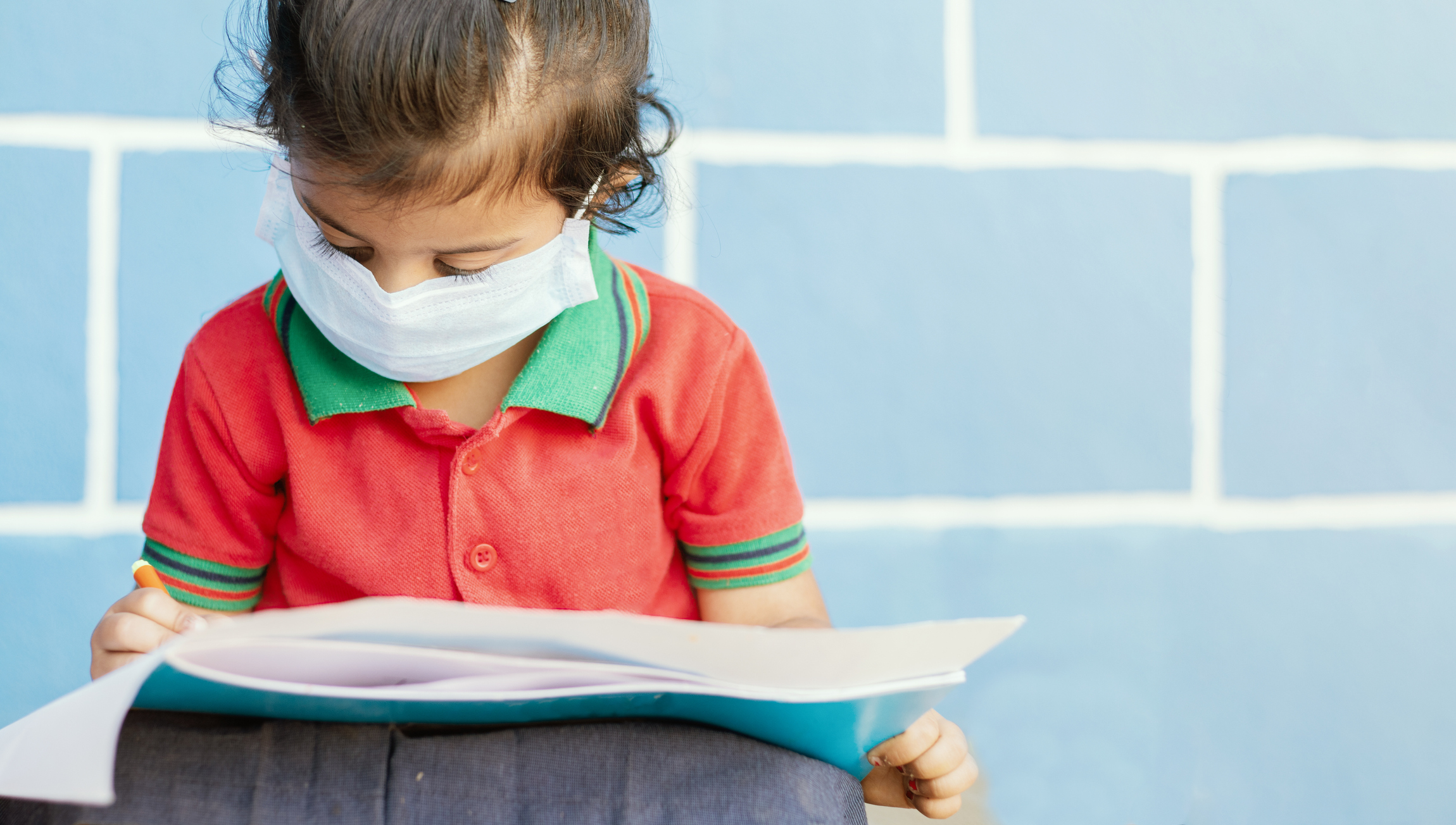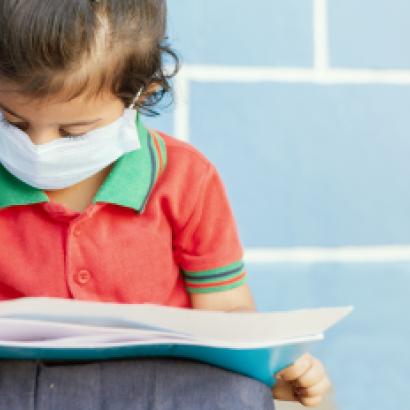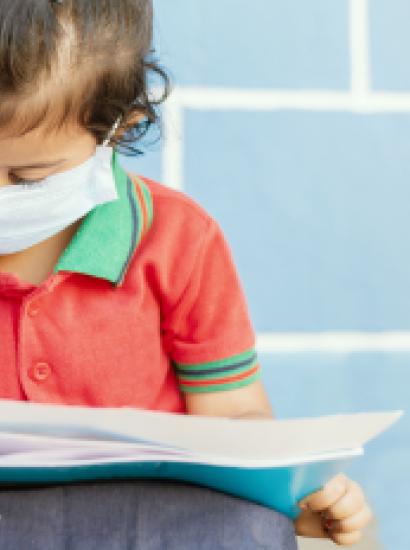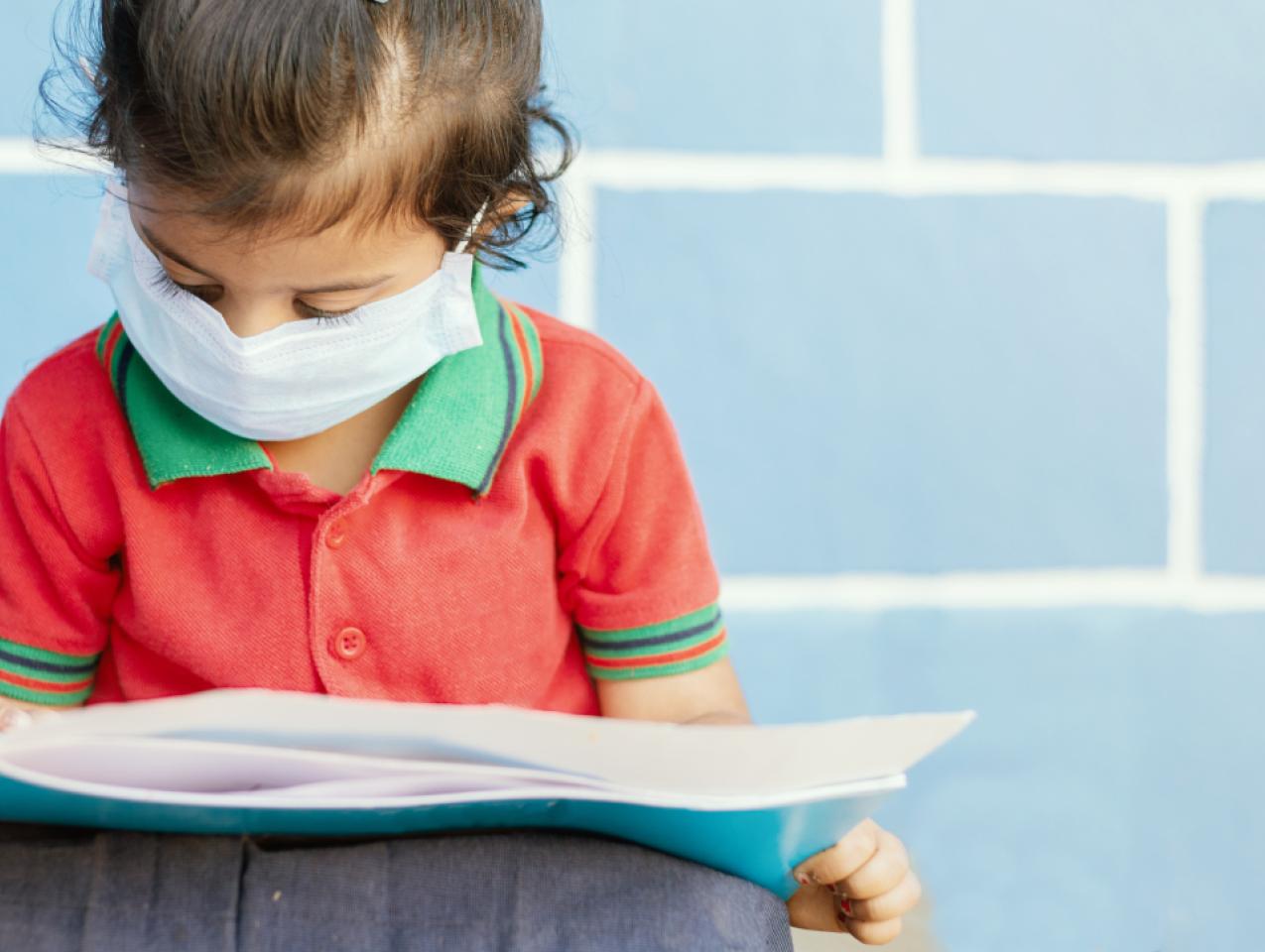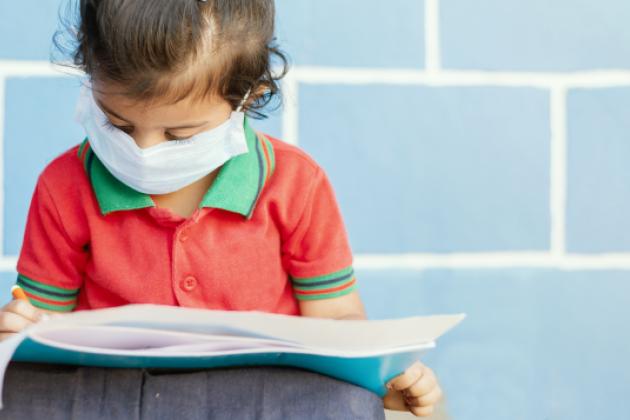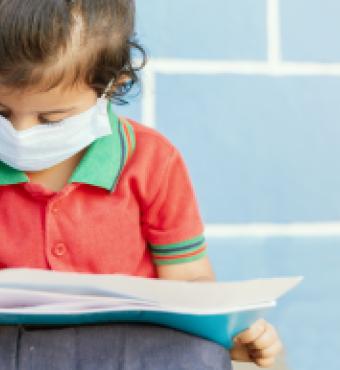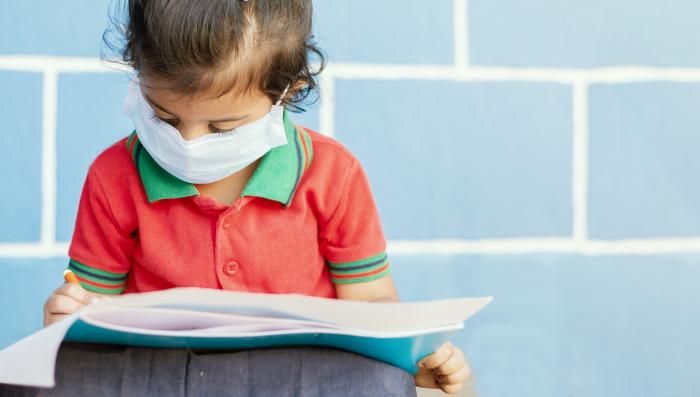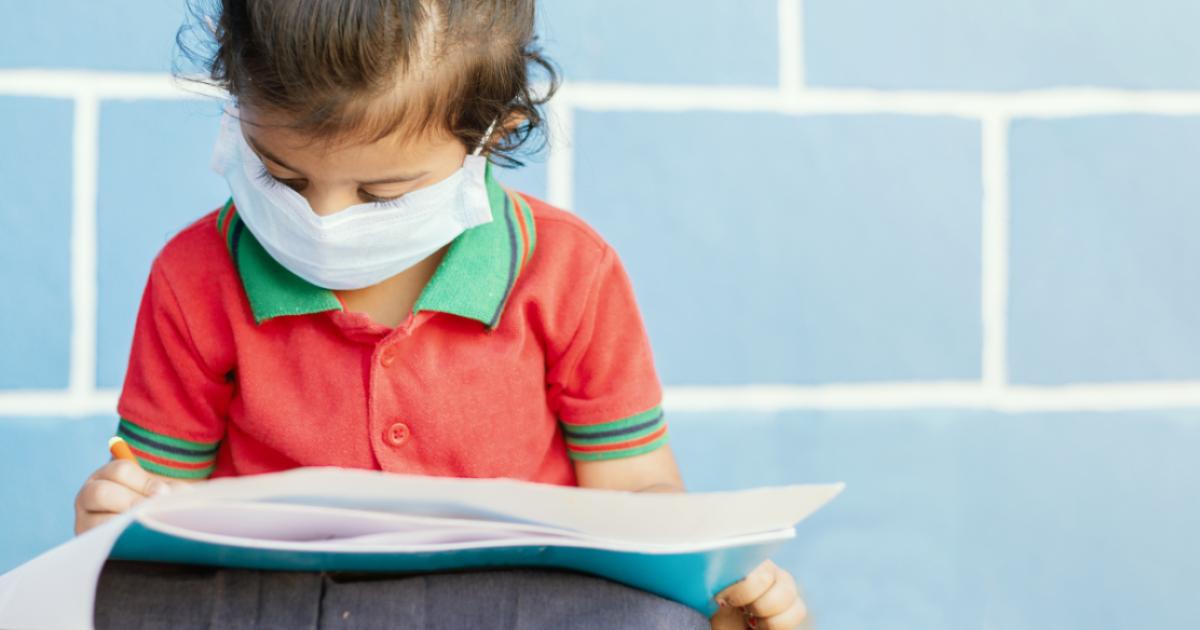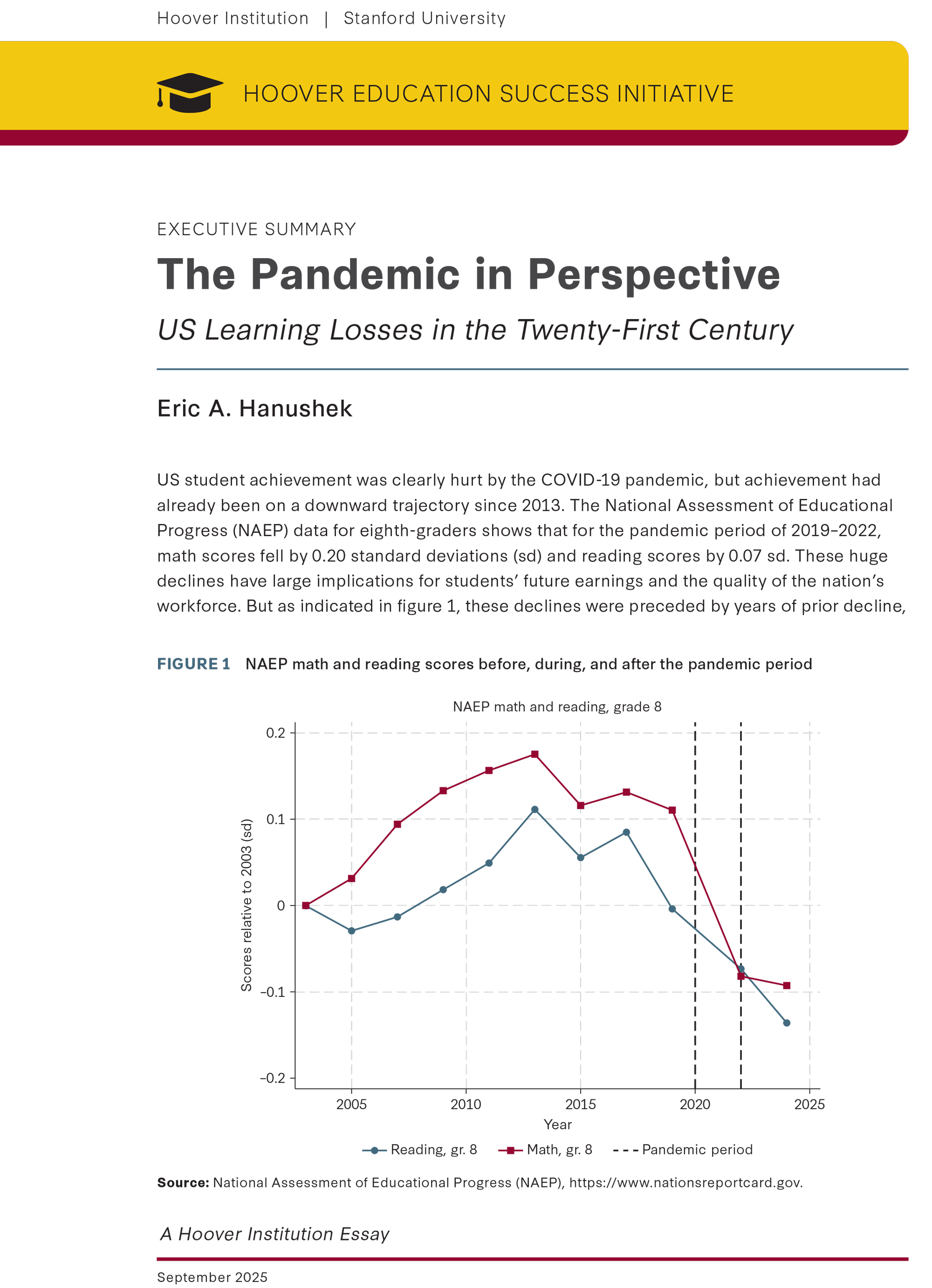- Education
- K-12
- Reforming K-12 Education
The COVID-19 pandemic undeniably disrupted student learning, but the decline in educational outcomes began well before its onset and has persisted after the end of school closures. In fact, the achievement losses in the years before and after the pandemic match those that occurred during it. Restoring achievement to 2013 levels would raise the lifetime earnings of today’s average student by an estimated 8 percent and would produce dramatic and sustained gains for the national economy.
Key Takeaways
- Declines in student achievement began before the onset of COVID-19 and continues after the end of school closures. Student achievement has been falling since 2013. Although 72 percent of the decline in math performance since 2013 occurred over the pandemic period, only a quarter of reading decline is found over that same period.
- The economic costs of this decline are enormous. Students affected by these learning declines will see lifetime earnings reduced by an estimated 8 percent. If student achievement does not return to 2013 levels, the economic impact could equal three times the current GDP.
- Achievement gaps are widening significantly. The performance gap between high-achieving and low-achieving students has grown substantially, with 2024 showing the largest variance in NAEP scores in testing history.
- Traditional reform approaches have failed consistently. Despite decades of incremental changes, increased funding, and various educational reforms since the publication of A Nation at Risk in 1983, average performance has stagnated and large disparities persist.
- Fundamental institutional change is needed. The report argues for moving away from incremental tweaks toward an outcome-based system that ties rewards to demonstrated effectiveness rather than treating all schools and educators alike.
The Pandemic in Perspective: US Learning Losses in the Twenty-First Century by Hoover Institution
Cite this report:
Eric A. Hanushek, “The Pandemic in Perspective: US Learning Losses in the Twenty-First Century,” Hoover Institution, Hoover Education Success Initiative, September 2025.







